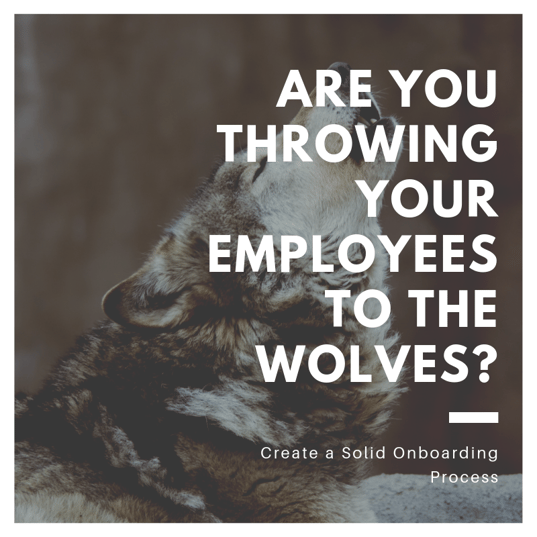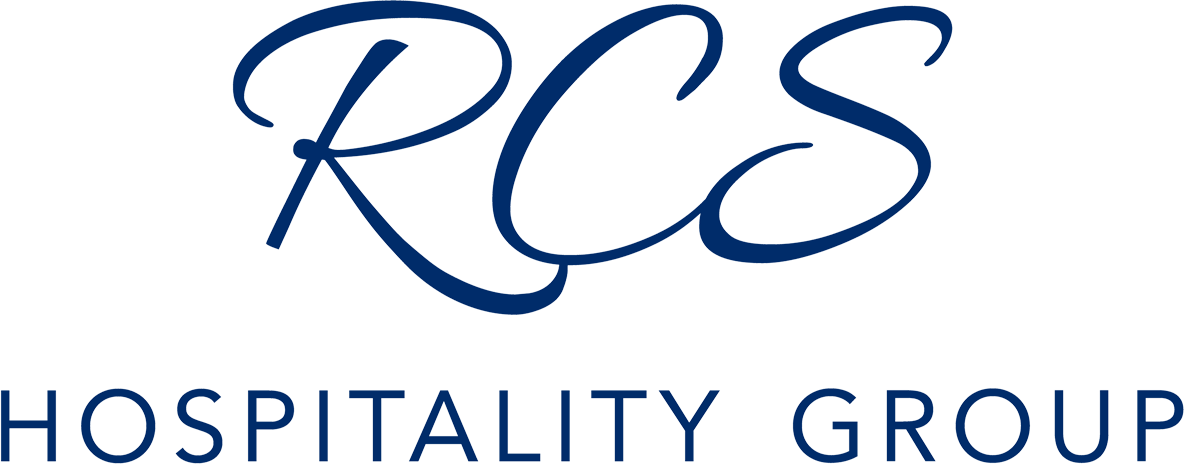
You may call it onboarding, induction, orientation, or enculturation.
Whatever the label; the process used to welcome and train your new employees, it’s critical to their success and yours. Employees are excited for a new position, yet a bit anxious, especially during these unprecedented times.
We have new challenges because of the COVID-19 pandemic. Unemployment is in the double digits, so competition is fierce. Employees are reevaluating quality of life for their changing households with every job requirement. Your employees may be now shouldering the responsibility of homeschooling their children; their living arrangement may have changed due to finances; everyone is frazzled. Perhaps, your company was on your way to rebranding your HR department to ‘Culture Department’ and had to pull back. Many training departments have been downsized. But training can’t stop! Now is the time to rethink everything and learn how to onboard a new employee, virtually. Your new employee onboarding (NEO) is not a one-day event, but rather a process that begins with the acceptance of your job offering and extends through the first year of their employment.
There are three common roadblocks to successful onboarding and training:
- limited time or resources
- management turnover or ineffective trainers
- high employee turnover
If managers change jobs every 2-4 years, as noted by the Society of Human Resources Management (SHRM), why are companies still building training around a specific manager or department, or abbreviating or halting onboarding and training when experiencing management turnover?

Onboarding and training can never be put on the shelf, especially now. The process of orienting new employees to the company, their department and specific role in a new work environment with new colleagues takes time and must be effective or your hard-won employee will leave before their 90-day probationary period is over, which increases cost and decreases morale.
The onboarding process welcomes and indoctrinates the new hire into their new position and workplace to foster immediate engagement and commitment to their role in contributing to the organization’s mission. Onboarding is a strategic process to get the new hire off and running quickly, effectively and efficiently.
Engaging onboarding should include fun activities, using “buddies” to streamline the new hire’s experience and help them find their way in a new role. It is one of the most important elements in which an employer should invest.
A comprehensive onboarding process is critical. If done right, the new employee reaches productivity a full 2 months sooner, functions as a team member more quickly, is less likely to find employment elsewhere, and more likely to be an active associate of the organization. All of this equates to huge financial savings on the part of the organization. Consider these statistics on new hires:
- 20% quit within the first 45 days
- 50% quit within 7 months
- 46% of new hires fail within 18 months
- Less than 20% go on to thrive, successfully.

It is well documented that turnover costs the employer approximately 20% of each employee’s salary, some studies even cite 30% or more depending on the position. Considering the percentage of employees who never engage with their new job – the costs are enormous – consider your customer service ratings or the effect on a team by a ‘bad apple’, not to mention other opportunity costs with lower productivity.
If those employees are kept engaged at work, research shows that the business will experience:
- 22% higher profitability
- 21% higher productivity
- 10% higher customer engagement
- 25% to 65% lower turnover
- 37% lower absenteeism
- 28% lower shrinkage (theft)
- 48% fewer staff safety incidents.
Organizations across the nation are feeling the pinch of trying to remain afloat as we face continued uncertainty. If there was a way to ensure your employees’ success on day one, and in turn reap the financial benefits of retaining your top talent, wouldn’t you want to take advantage of it? RCS has the solution—for as little as $99/a month you can onboard your employees with custom training before they even set foot on property with RCSU. The waters may be uncharted, but with RCSU you can guarantee your staff training bases will be covered, safely, effectively, and affordably.









